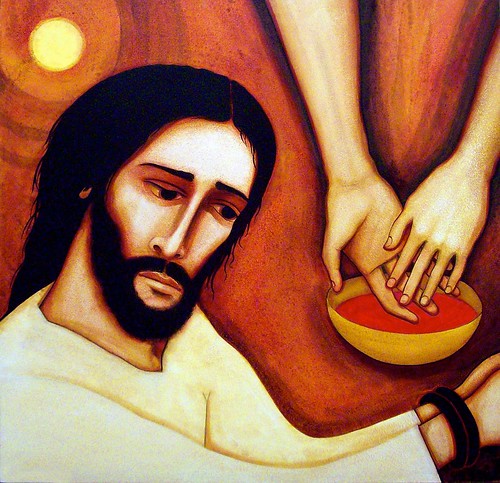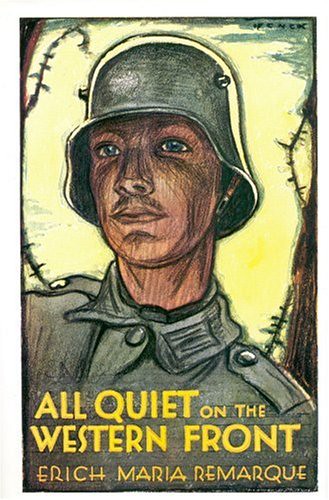That Preacher of Peace
That Preacher of Peace
by Brian Zahnd
In his bizarre and surrealistic novel, The Master and Margarita, the critically acclaimed 20th century Russian writer Mikhail Bulgakov creates a fascinating conversation between the Roman governor Pontius Pilate and the Galilean preacher Yeshua. When asked about his views on government, Bulgakov’s Yeshua says, “All power is a form of violence over people.” Yeshua goes on to contrast the governments of power and violence with the peaceable kingdom of truth and justice. In response Pontius Pilate rages, “There never has been, nor yet shall be a greater or more perfect government in this world than the rule of the emperor Tiberius!” When Pilate asks Yeshua if he believes this kingdom of truth will come, Yeshua answers with conviction, “It will.” Of course, Pilate cannot and will not stand for this.
“It will never come!” Pilate suddenly shouted in a voice so terrible that Yeshua staggered back. Many years ago in the Valley of the Virgins Pilate had shouted in that same voice to his horsemen: “Cut them down! Cut them down!”…And again he raised his parade-ground voice, barking out the words so that they would be heard in the garden: “Criminal! Criminal! Criminal!”…“Do you imagine, you miserable creature, that a Roman Procurator could release a man who has said what you have said to me?…I don’t believe in your ideas!”
It wasn’t so much the man who upset the Roman governor, but his ideas. Ideas. Ideas are powerful. Ideas are dangerous. Ideas shape our world. Ideas can change our world. Change—what shall we say about that? Slight change is one thing. When slight change is perceived as positive we call it progress. But paradigmatic change, radical change is another thing altogether. We call that revolution. Revolutionary change is precisely what those in positions of privilege and power—people like Pilate—are most threatened by. And this is what makes Jesus and his ideas dangerous. In The Master and Margarita Pontius Pilate seems to have no personal animosity toward the wandering Galilean preacher, but he hates his ideas. In the end what forces the Procurator to condemn Yeshua to crucifixion is the preacher’s revolutionary ideas about power, truth, and violence. If Yeshua had been content to confine himself to the dreamy world of afterlife expectations and not harbored revolutionary ideas about human social structure, Pilate would have seen little reason to bother with Yeshua, much less crucify him. But Yeshua did have revolutionary ideas. And it was Yeshua’s ideas about an alternative arrangement of the world—an arrangement that might best be called “peace”—that resulted in his death by state sponsored execution. Read more

